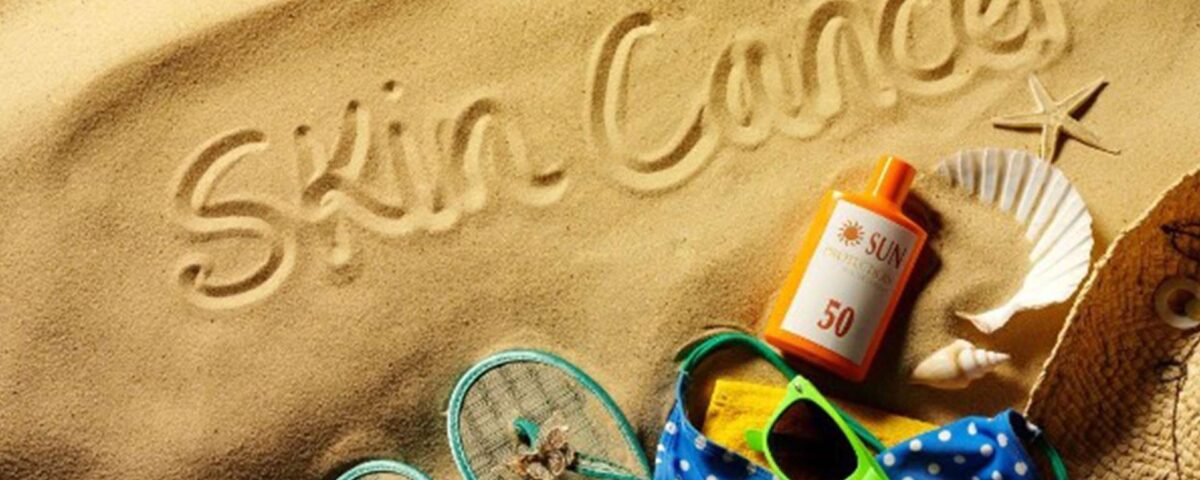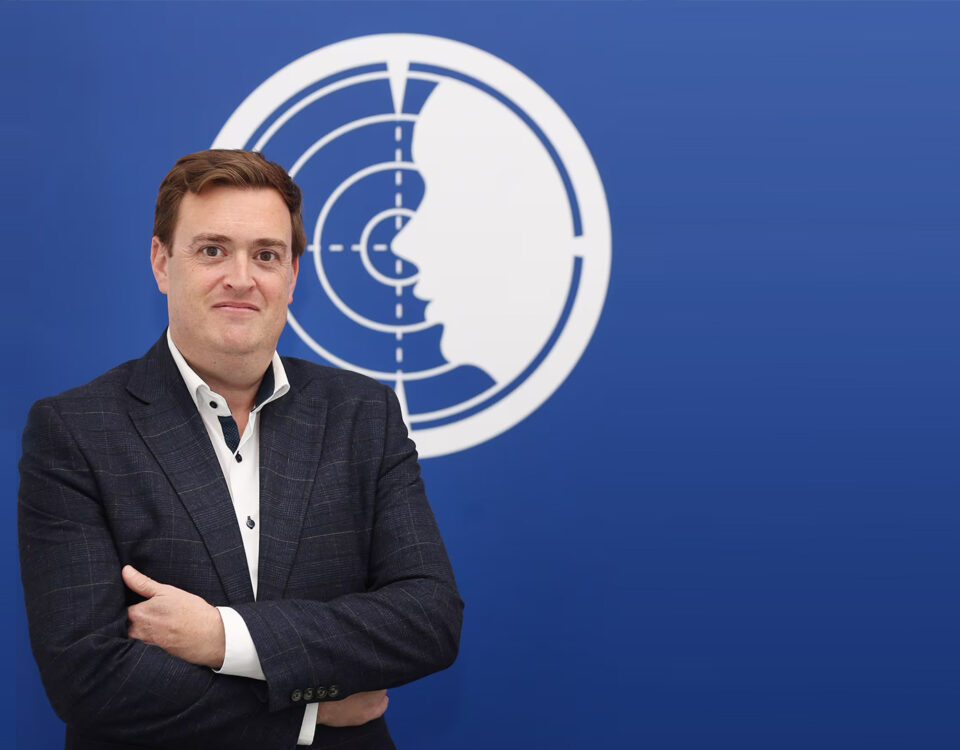I want to show people the reality of living with skin cancer and how tough the treatment is

Wexford woman shares her story to encourage others to make sun safety a priority.
A mother-of-six from Wexford has revealed the realities of skin cancer treatment in a bid to encourage people to take adequate precautions in the sun.
Deirdre Bonass (56) is currently in recovery from treatment for basal cell carcinoma (BCC) skin cancer.
Ms Bonass wants to encourage anyone heading on holidays or out in the Irish sun to follow health advice and is also highlighting the cost of sun cream as an issue for families.
She is urging the Government to make sunscreen more affordable, as the Irish Cancer Society has previously called for.
Deirdre underwent a four-week application of Efudex chemotherapy cream following her diagnosis and said that nothing could prepare her and her family for “how bad it would get”.
Treatment for this cancer commonly involves temporary changes to affected areas of the skin, including dryness, irritation and blisters, which can last for several weeks.
“The doctor gave me a leaflet showing the stages of the treatment and the impact it would have on my skin – I showed this to family and friends so that they would also be prepared, but nothing could really prepare us for how bad it would get,” Ms Bonass said.
“By the second week of treatment, my skin started to break out in spots and blotches and by the third week, I had broken out in blisters and your face and skin just feels so tight.
The burning sensation when you’re still having to apply the cream, I can’t describe it. It’s almost like rubbing a hot iron over your face.
“Despite this, I am so thankful that there was a treatment available to me and that the effects on my skin were temporary. My skin is now almost back to normal and although the treatment was severe, it was a lifeline to me.”
Skin cancer is Ireland’s most common cancer, with around 13,000 people diagnosed every year.
The National Cancer Registry of Ireland (NCRI) expects this number to double by 2040.
On the dangers of skin cancer, and the importance of protecting your skin, Dr Bláithín Moriarty, consultant dermatologist at St Vincent’s Hospital and associate professor at the UCD School of Medicine, said treatment is “frequently unpleasant, distressing and disfiguring”.
“Skin cancer is the most frequently diagnosed cancer in Ireland and skin cancer rates trebled between 1995 and 2020,” Dr Moriarty said.
“Certain types of skin cancer are predicted to at least double between 2020 and 2040. While the majority of skin cancers, when caught at an early stage are not life threatening, treatment is frequently unpleasant, distressing and disfiguring.
“Ninety per cent of skin cancers are induced by UV light and are, as such, preventable. Any new spots or blotches, or changes to existing moles which do not settle after a period of weeks should be brought to the attention of a GP.”
Ms Bonass is calling on people to protect their skin and mitigate the risks of skin cancer, saying she believes people in Ireland don’t take enough precautions.
“I think in Ireland, we don’t take enough precautions. We don’t protect our skin enough,” she said.
I was diagnosed with skin cancer because of my exposure to the sun.
Skin cancer can be prevented and my message is that treatment is not easy. That’s why I want to tell my story, not to scare people, but to show people the reality of living with skin cancer, the treatment and recovery process, and to encourage people to get ahead of cancer and take every precaution in the sun this summer.
As a single mother to six children, Deirdre says the cost of sun cream is a barrier for struggling families to protect their skin.
“I know I have used sun cream sparingly in the past because you’re trying to stretch out how long a bottle lasts,” she said.
“If we want people to protect their skin, we have to make it more affordable.”
Kevin O’Hagan, cancer prevention manager at the Irish Cancer Society, said sun safety is vital, whether you are at home or abroad.
“From Deirdre’s powerful story, we can see the considerable challenges of going through skin cancer treatment,” Mr O’Hagan said.
This article was first published by The Irish Independent. You can read the original version here.


